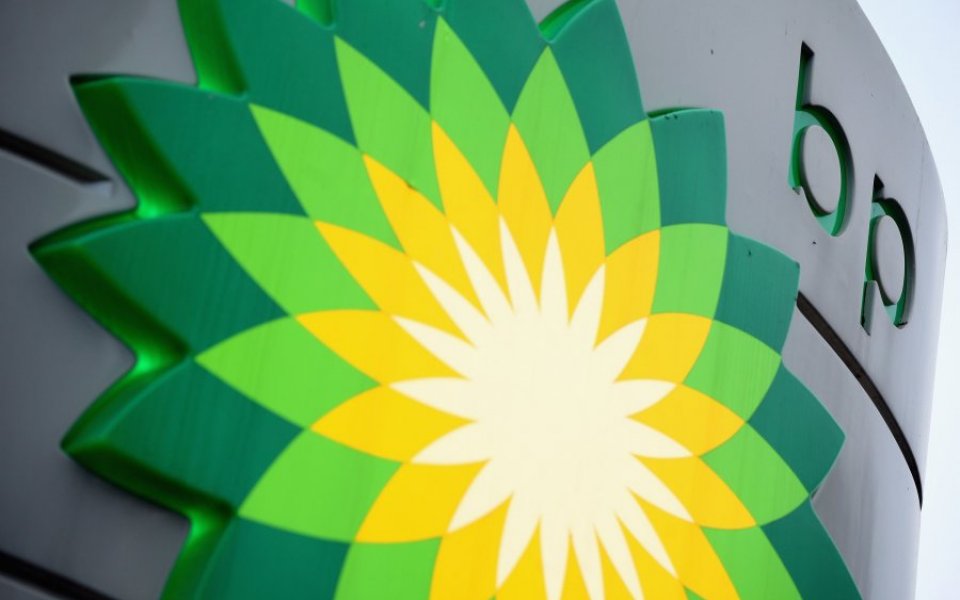FTSE 100 index opens lower as oil prices continue to drag on investor sentiment

The FTSE 100 index opened lower this morning as oil prices dragged down investor sentiment (again).
The UK's blue-chip index opened 0.57 per cent down at 5,889 points, led lower by Hargreaves Lansdown and Barclays.
"This fresh bout of oil price weakness appears to have been driven by the very same concerns that drove the decline in the first part of last week, namely the distant prospect of any sort of Opec deal to cut back on production, meaning that prices are likely to remain lower for longer, and it is these worries as well as ripple out effects that appear to be causing most market angst," said Michael Hewson, chief markets analyst at CMC Markets.
Read more: Syngenta agrees to takeover by ChemChina worth over $43bn
BP's share price continued to tumble, after it posted worse-than-expected results yesterday. The company's share price fell 0.66 per cent to 332.9p per share as markets opened.
But better news was found at other oil companies. Shell's share price rose 0.1 per cent to 1,437p per share. BG Group's share price jumped by 0.3 per cent to 1017p per share.
Meanwhile, Hargreaves Lansdown led the FTSE 100 lower. Its share price fell 3.95 per cent to 1,265p per share after the company reported record levels of assets under management today.
The fall comes following reports that Barclays is among a small number of bidders who have submitted an offer to buy TD Direct, allowing it to compete with Hargreaves Lansdown. Barclays' share price is also down 2.71 per cent at 169.05p per share.
Read more: Hargreaves Lansdown AUM swells as it grabs market share
Tesco's share price also fell by 0.58 per cent to 170.1p, the day after it was announced store staff will get 3.1 per cent in extra pay.
GlaxoSmithKline, which will post results at midday, was trading relatively flat, down just 0.04 per cent at 1,425p per share.
But it's not all about oil prices. As Hewson added:
Broader concerns also surround the resilience in the overall economic outlook, particularly in China where we got the latest Caixin services PMI number for January early this morning.
The weak December reading of 50.2 in stark contrast to the much more bullish official measure had spooked concerns that Chinese consumers were reining back spending in the lead up to Chinese New Year.